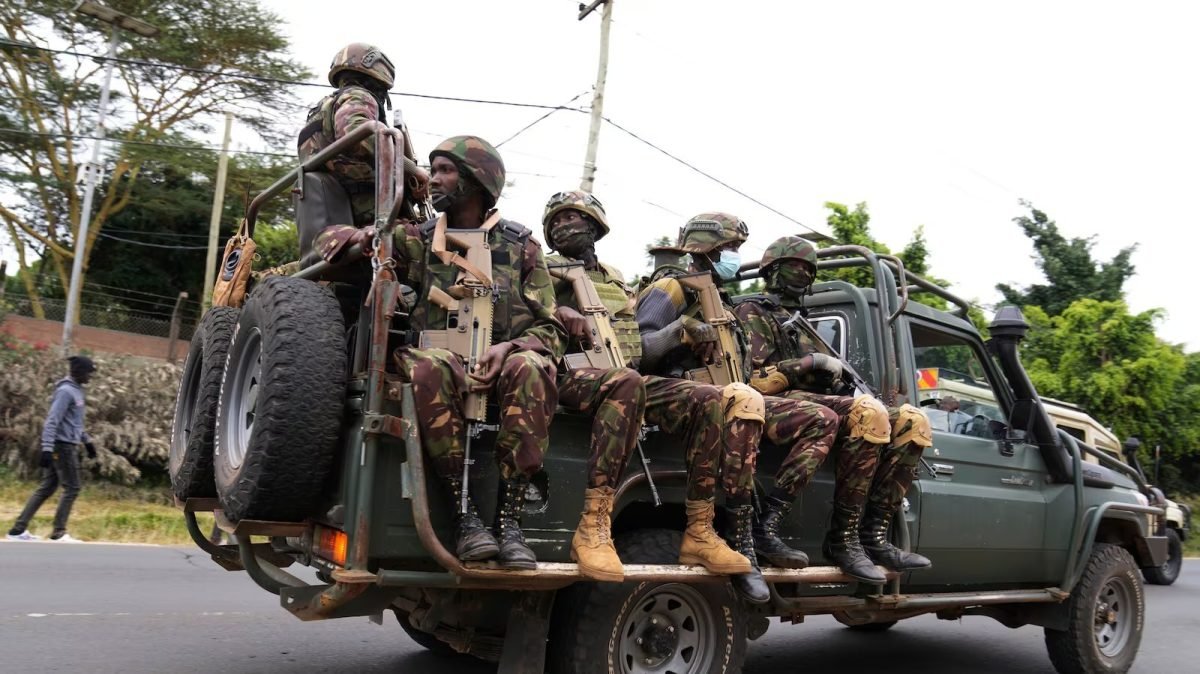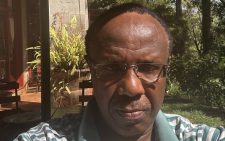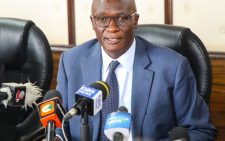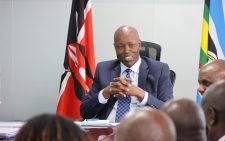Legitimate form of political expression under threat

Throughout history, political slogans have been powerful tools for mobilising change.
From revolutions to protests, these chants encapsulate the frustrations, aspirations, and demands of the people. “Liberté, égalité, fraternité” (Liberty, Equality, Fraternity) became the defining motto of the French Revolution (1789–1799).
“Peace, Land, Bread” rallied the Russian masses behind Lenin during the Bolshevik Revolution of 1917. In South Africa, “Amandla! Awethu!” (Power! To the People!) symbolised resistance against apartheid, particularly in the 1980s and early 1990s. “Wir sind das Volk” (We Are the People) in East Germany helped bring down the Berlin Wall in 1989.
In modern times, political slogans continue to shape movements worldwide. “Not My President” became a rallying cry in the United States against Donald Trump’s first term as president (2016–2020). “Tasqut Bas!” (Just Fall!) was the defining chant in Sudan’s 2018–2019 protests that led to the ousting of Omar al-Bashir.
In France, “Macron Démission” (Macron Resign) has been widely used during anti-government demonstrations since 2018. These expressions, like “Ruto Must Go”, are not about inciting violence but about voicing political frustrations and mobilising for change.
Kenya, too, has had its share of political slogans. “Moi Must Go” in the 1990s, “Yote Yawezekana Bila Moi” in 2002, “Uhuru Toka” during the Jubilee era (2013–2022), and now “Ruto Must Go” are all part of the democratic tradition.
They reflect shifting public sentiment and are a legitimate form of political expression. What is troubling, however, is the response from the highest levels of state security, particularly the involvement of the Commander of the Kenya Defence Forces, General Charles Kahariri, in this debate.
As a historian and keen observer of Kenya’s political evolution, I find it deeply concerning when institutions stray from their mandates. The military has no business engaging in political discourse. The Constitution is clear: the Kenya Defence Forces exist to protect the country’s sovereignty and territorial integrity, not to influence or police political expression. When military leadership comments on civilian political matters, it sets a dangerous precedent – one that history warns us to avoid at all costs.
Past generals, including General Jackson Mulinge (1971–1986), General Daudi Tonje (1996–2000), General Joseph Kibwana (2000–2003), General Jeremiah Kianga (2005–2011), and General Julius Karangi (2011–2015), upheld this principle. Even during less democratic periods under presidents Jomo Kenyatta (1963–1978) and Daniel arap Moi (1978–2002), and at the height of national crises such as the 2007/08 post-election violence and the Gen Z protests of 2024, they remained apolitical. Their restraint ensured the military remained a neutral institution, preventing Kenya from descending into the chaos that has plagued other nations where the armed forces became politicised.
To be clear, this is not about endorsing or rejecting any particular political slogan. It is about protecting the space for free expression. Political slogans, no matter how provocative, should be met with debate, not suppression. The people have the right to voice their frustrations, and those in leadership must listen rather than seek to silence. In a democracy, dissent is not treason; it is a vital part of governance.
At its core, “Ruto Must Go” is not just about President William Ruto as an individual. It is a symptom of deep-seated grievances – economic struggles, governance concerns, and a growing sense of alienation among ordinary citizens. Leaders should address these issues head-on instead of treating political dissent as a threat to national security. If history has taught us anything, it is that silencing the people only amplifies their discontent.
The role of the military is clear: to defend the country, not to interfere in political matters. General Charles Kahariri, as the Commander of the Defence Forces, erred in stepping into the political arena. State institutions must respect their constitutional boundaries. Let politicians deal with politics and let the people have their say. That is how democracy thrives.
The writer is a PhD History Lecturer and UASU chapter Trustee at Alupe University-Kenya; chebiizk@gmail.com














